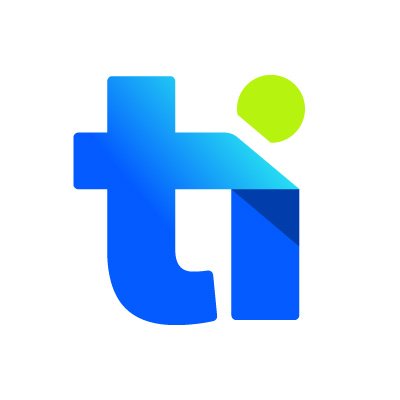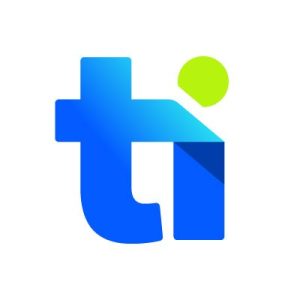Changes to Google’s content suitability standards are significantly impacting how parked domains are handled. For years, Google has prioritised a high-quality user experience and ensured brand safety for advertisers by implementing tighter controls on the traffic that is allowed. The recent adjustments now place an even greater emphasis on quality assurance.
From now on, any new Google Ads account will need to manually enable parked domains for their campaigns. Previously, many advertisers were unaware that their campaigns were bidding for traffic on parked domains, often resulting in traffic arbitrage. This update now brings more visibility to this aspect, making it essential for AdSense arbitrage publishers to understand the manual enablement process. This will allow them to better track key performance metrics such as cost per click (CPC) and assess the overall profitability of their traffic arbitrage strategies.
It’s important to note that this does not imply that Google AdSense arbitrage is illegal. In fact, Google continues to recognise arbitrage as a legitimate source of ad revenue for paid traffic advertisers. However, these advertisers now need to actively opt in to use this format. As a result, there will be an impact on the acquisition of arbitrage traffic for monetisation. Publishers will need to be more selective about their traffic sources and adjust their strategies accordingly to maintain efficiency.
Google’s focus on content suitability signals that all publishers, whether they rely on organic or paid traffic, must ensure their domains meet specific content quality standards. This is crucial for improving click-through rates (CTR) and maximising advertiser efficiency.
Content suitability, in this context, refers to the control advertisers have over where their ads are placed. It allows businesses to define the type of content they consider suitable for their brand, ensuring that their ads don’t appear alongside irrelevant, inappropriate, or low-quality content. Advertisers have the tools within the Google Display Network to manage their ad placements. This includes setting exclusions for specific content types, sensitive issues, and unwanted websites.
The advertiser’s ability to control ad placement has been enhanced through several categories. Sensitive content, such as adult themes or violence, can be excluded. Content classifications allow advertisers to choose the maturity level of their audience, such as G-rated for general audiences or MA-rated for mature audiences. Exclusion controls further help advertisers block ads from appearing on content types or websites that don’t align with their brand.
On the other hand, Zeropark offers a distinct advantage in this changing environment. While Google is introducing stricter guidelines for parked domains in Google Ads, Zeropark remains unaffected by these changes because its DNS traffic is independent of Google. Zeropark continues to provide a compliant and secure platform for domain traffic monetisation, carefully vetting its domain traffic to ensure that advertisers reach genuine users in legitimate placements. This makes it an attractive alternative for advertisers and arbitrageurs concerned about Google’s tighter policies. By focusing on minimising bot traffic and adhering to content suitability best practices, Zeropark positions itself as a reliable source of high-quality domain traffic.
Another issue on the horizon is Google’s Refined Site Operational Controls (RSOC), which promises to offer more refined control over ad placements. Although RSOC is designed to enhance the quality and control of ads across different site types, its long-term effect remains unclear. Whether RSOC will tighten controls even further or provide more flexibility for those willing to adapt is yet to be seen. Advertisers and arbitrageurs will need to stay informed about RSOC developments to ensure compliance with Google’s evolving policies and optimise their ad placement strategies.
For those involved in Google AdSense arbitrage, these changes bring several challenges. Arbitrageurs, who typically profit by purchasing traffic at a low cost and monetising it through higher-value ad placements, may find it more difficult to maintain their current strategies. Parked domains have long been a key part of this model due to their relatively inexpensive ad space and steady traffic. However, the new content suitability standards mean advertisers may face a reduced inventory of available domains. As a result, competition for the remaining high-quality placements will likely increase, potentially raising costs and reducing the profitability margins for arbitrageurs.
The shift towards prioritising quality over quantity will force arbitrageurs to focus on domains that provide genuine user value. In the past, mass-buying low-quality traffic may have been a viable strategy, but these practices could be under threat as Google pushes for higher content standards. Arbitrageurs will also need to consider the potential for higher compliance costs, as staying in line with the new requirements will require additional resources. Ultimately, they will need to evaluate whether the revenue from increased visitors can outweigh the higher costs associated with acquiring them.
The evolving landscape highlights the growing importance of attracting high-quality traffic. This is essential not only for maximising profits but also for maintaining a sustainable presence online. High-quality traffic directly contributes to the effectiveness of advertising campaigns and, in turn, the overall success of websites.
Team Internet plc (LON:TIG) – formerly CentralNic – is a global internet solutions group headquartered in London. Leveraging world-class technologies and industry leading teams, they have been transforming the way organisations, brands, publishers and consumers connect and thrive online.


